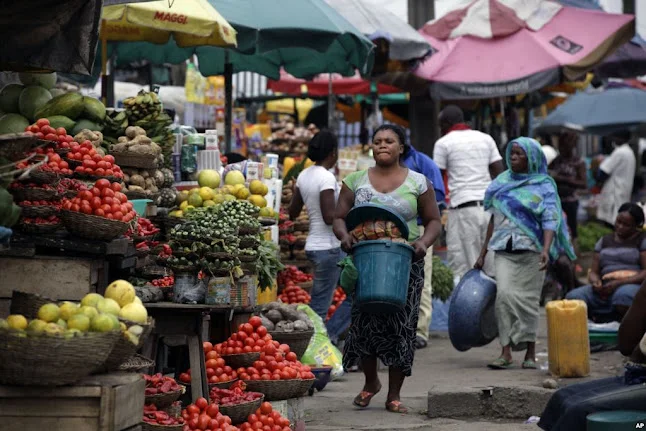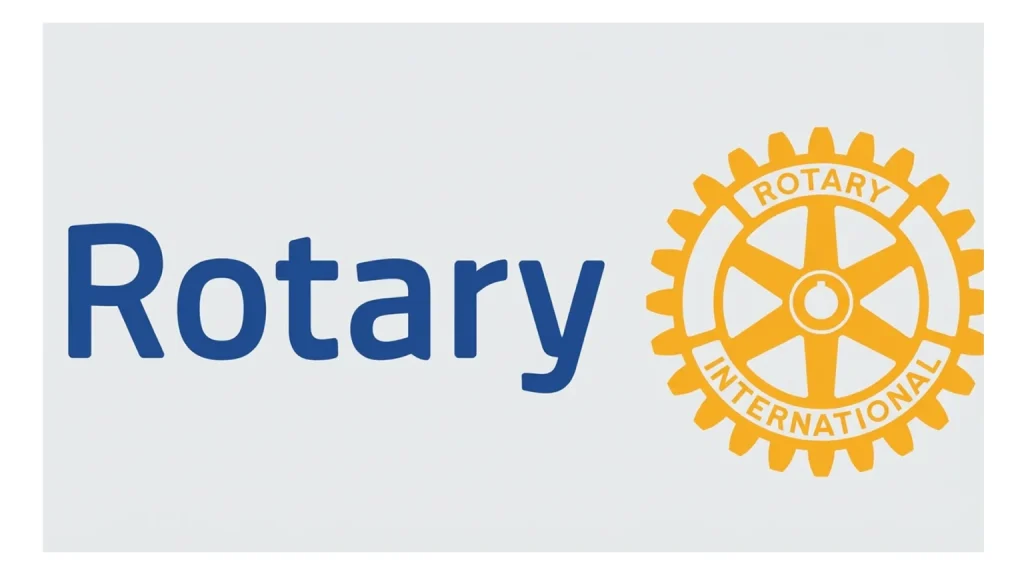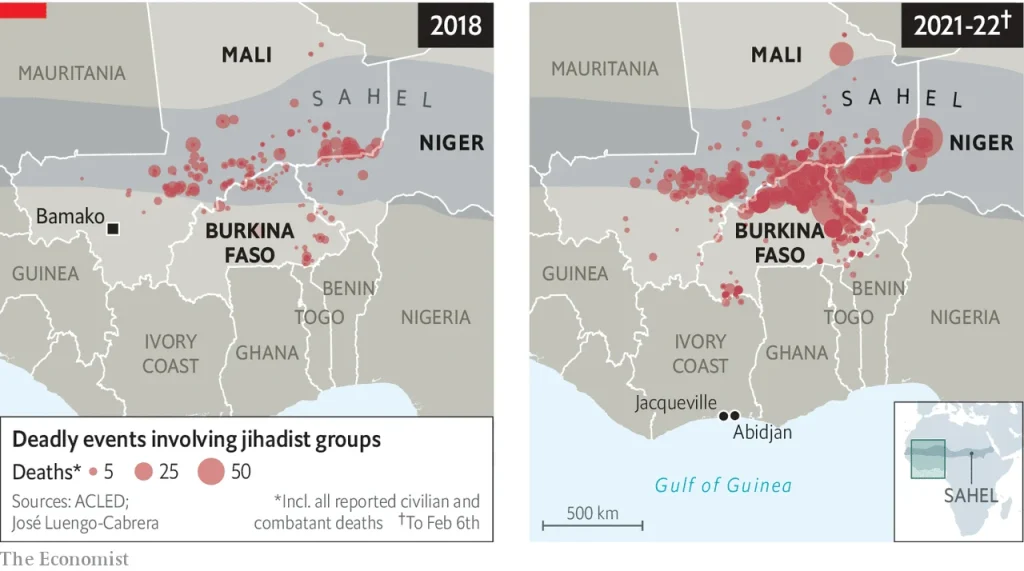Nigeria’s inflation rate slowed significantly in August 2025, easing to 20.12% from 21.88% in July, according to new data released by the National Bureau of Statistics (NBS) on Monday.
Headline Inflation Sees Notable Decline
The NBS reported that the August 2025 headline inflation rate decreased by 1.76 percentage points compared to the July 2025 figure.
Year-on-year, inflation was 12.03 percentage points lower than the 32.15% recorded in August 2024. This indicates that inflation growth slowed considerably compared to the same period last year, even though the base year remains November 2009 = 100.
Month-on-Month Inflation Slows
On a month-on-month basis, headline inflation stood at 0.74% in August 2025 — 1.25 percentage points lower than the 1.99% recorded in July 2025.
This suggests that the average price level increased at a slower pace in August compared to July.
Food Inflation Also Falls
Food inflation also recorded a significant drop.
- Year-on-Year: Food inflation stood at 21.87% in August 2025 — down 15.65 percentage points from 37.52% in August 2024.
- Month-on-Month: Food inflation was 1.65% in August 2025 — a sharp decline from 3.12% in July 2025.
The NBS attributed the drop in annual food inflation partly to the change in the base year and to falling prices of staple items such as imported rice, local rice, guinea corn flour, maize flour, sorghum, millet, semolina, and soya milk.
Annual Food Inflation Averages Lower
For the 12 months ending August 2025, the average annual food inflation rate stood at 25.75%, which is 11.24 percentage points lower than the 36.99% recorded over the same period in 2024.
Summary
Nigeria’s inflation numbers show a positive trend with both headline and food inflation slowing down, offering relief to households and policymakers. However, the figures also highlight the impact of technical adjustments such as base-year changes, which may influence how the slowdown is interpreted.



















